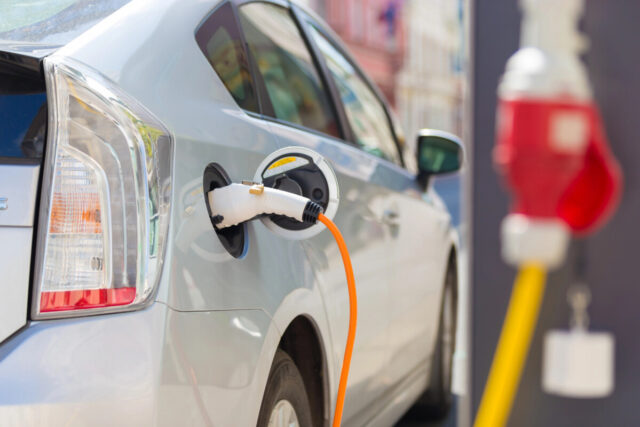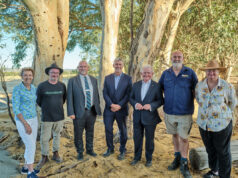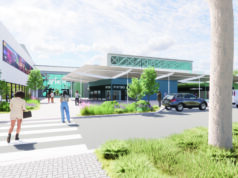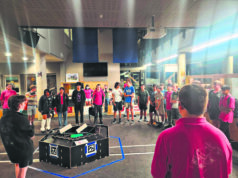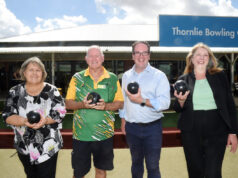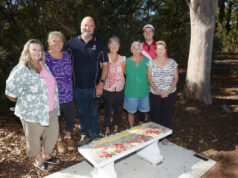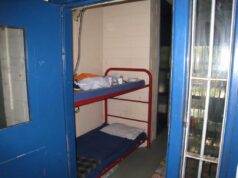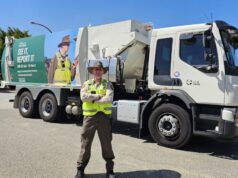The Cities of Armadale, Gosnells and Canning will join 19 other local governments in WA to lead the way in transitioning their fleets to electric vehicles, costing tax and ratepayers more than $10 million.
WALGA has been working with local governments for nearly two years to develop the ARENA Project, which was announced recently by Minister for Climate Change and Energy Chris Bowen.
This project is a first of its kind to bring together the buying power of local government to reduce costs associated with transition to EVs and ensure knowledge sharing across the sector.
WALGA will coordinate the purchase and installation of 105 units of charging infrastructure on behalf of the 22 local governments at a cost of $4.51 million ($3.51 mil from ARENA funding and $1 mil from the state government).
Those local governments will, in turn, purchase 129 light battery electric vehicles (BEVs), at an estimated cost of $7.68 million.
City of Armadale mayor Ruth Butterfield said they currently had five EVs and are working on a strategy to transition the entire light fleet by 2035.
“The city is pleased that this grant will support us by making our vehicle fleet more sustainable. This is a step forward as we focus on achieving our aspiration to transition our light fleet by 2035, and support wider measures to protect our environment and collectively reduce our reliance on fossil fuels,” mayor Butterfield said.
“The city will have charging stations at the administration precinct and at AFAC (Armadale Fitness & Aquatic Centre). The admin precinct will have four charging bays equipped with one dual fast charger and one dual slow charger. AFAC will have one dual fast charger.”
This program implementation will start immediately, with WALGA working with local government to fast track the installation of charging infrastructure.
“The city is working towards having the first charging infrastructure at the admin precinct by June 2024, and at AFAC by September 2024,” mayor Butterfield said.
WALGA president Karen Chappel said this was the beginning of a new era.
“This project shows what is possible when federal and state government, local governments, and WALGA work together. This project, through aggregating procurement, will accelerate our Local Governments being able to transition their fleets to Battery Electric Vehicles, providing cost effective solutions,” she said.
“For non-metropolitan local governments, this project is particularly important as the funding of power infrastructure upgrades will allow them to short circuit what would otherwise have been a difficult process.”


